October 2019 Message from Robin
Greta Thunberg is my Super-Heroine. I find her courageous, fierce, and an unapologetic Truthsayer. I share her anger and grief over the planetary crisis that we are moving towards at warp speed. For me, her most salient moment was when she spoke of, “The fairytale of eternal economic growth.” With this phrase she exposed the underbelly of the human delusion that somehow we are always entitled to more. Whether we seek more money, more food, more fun, more experiences, more health — ultimately we hope that with the attainment of these provisions we will experience more happiness. Yet, according to wisdom teachings like yoga, the quest for more often drowns out the sense of contentment and containment, qualities that actually define the state of happiness.
As a young adult I remember wondering why and how it was possible for the GDP of our country to always be higher year after year. The logic itself defied me. Even then, when I was not much older than Greta, I understood that nothing expands forever. Having an expectation of perpetual more-ness just seemed to be a set-up for inevitable disappointment. Now we can see that this premise has propelled a global grab for resources that is dooming whole ecosystems and the world our grandchildren will inherit. The drive for ‘more’ undermines health on both the micro and macro levels. As the few acquire more, the many end up with shredded homes and decimated livelihoods. When did the concept of ‘enough’ become such heresy to live by?
Many of my yoga therapy clients live as if the ‘More-Monster” is chasing them. They are plagued with a compulsion to constantly do more in order to justify their self-worth and improve themselves. As a result, they often push beyond their limits, which over time, manifests in chronic pain and deteriorating health. It’s as if no matter how much they are working, exercising, meditating, mothering, or earning, it’s never enough. Exhausted and depleted by the strive for perfection, they come to me to learn one more thing they can do to fix themselves. My counsel is usually a suggestion to take things off their plate, to down-shift and find ways to live more gently. That said, addiction to ‘the-next-better-thing’ is a difficult paradigm to shift. This is especially the case when the culture we live in mirrors back to us that we must strive towards undeterred strength and youth - show ourselves to be more able than we were yesterday -as if death were not our shared destiny.
From a yogic perspective how we construct our inner world directly correlates to what we project in the world at large. To temper the human tendency to covet more, the yoga sutras offer guidance through the teachings of the yamas specifically the last three: asteya, brahmacharya and aparigrapha.These roughly translate as: integrity, conservation of energy, and non-grasping. The teachings state that when we live in a state of asteya, we do not take what has not been given, and we are then entrusted with all that is precious. When we live in a state of brahmacharya, monitoring our energy wisely, we have great vitality. When we live in a state of aparigrapha, our lives become more simple as we recognize the falsehood of acquisition. Through this, we come to know who we really are. We are then more able to contribute to the betterment of our community because we aren’t seeking to get more, but rather to give from the recognition of our own wholeness.
In other words, as long as we believe there is something more out there that we need to attain, we will consistently experience a sense of deficit. It is only when we stop and allow our mind, heart, and breath to settle that we come to recognize that fulfillment and contentment are established from the inside. Living in congruency with this truth is the essence of what I call balancing our EBA. More than fancy postures and complex practices that tax us, I’ve become a proponent of working with our energy system in gentle ways, starting with quieting the breath. This orientation restores our sense of equanimity by teaching us to contain our prana, freeing us of More-Monster’s tentacles.
We can’t do for the world what we are unwilling to do for ourselves. As my dear friend Annie Newcomb used to say, “Live simply, so others can simply live.” Annie has always modeled this in her life and is one of the strongest climate advocates I know. Like Greta, her authenticity inspires me because she holds herself accountable on both the micro and macro levels.
What if we stop asking ourselves, “How much more do I need to have, or need to do?”
What if we instead ask: How much is enough?
What does sustainability look and feel like?
What brings me a sense of peace and equanimity and causes no harm?
How can I live so my Energy Bank Account (EBA) has a surplus and isn’t consistently in the red?
How willing are you to stop and settle yourself and do an energy accounting? If you’re interested in learning how to Restore Your Prana so that your inner resources grow abundant, join me for the many offerings that are coming up in the next several months. It is my sincere hope that as we learn to refuel our pranic reservoir, we will have a greater capacity to fight for the planet and sustainability for all.

